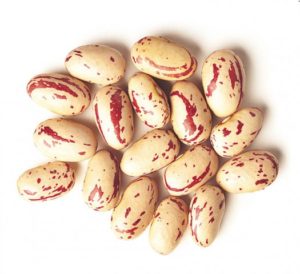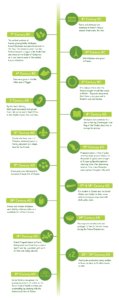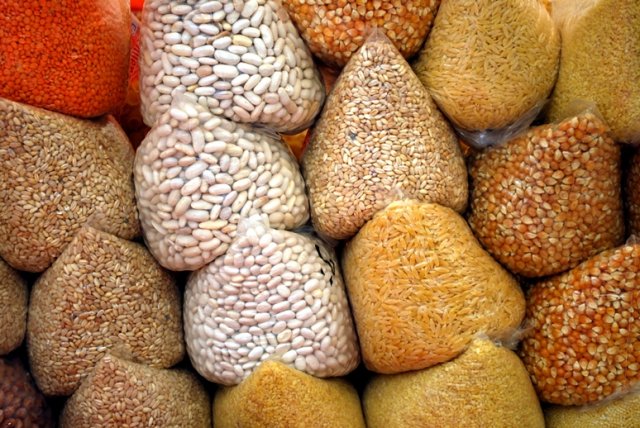 In December 2013,the General Assembly of the United Nations in New York voted to proclaim 2016 (the International Year of Pulses (IYOP), providing an unprecedented opportunity to raise awareness and to celebrate the role of beans, chickpeas, lentils and other pulses in feeding the world.
In December 2013,the General Assembly of the United Nations in New York voted to proclaim 2016 (the International Year of Pulses (IYOP), providing an unprecedented opportunity to raise awareness and to celebrate the role of beans, chickpeas, lentils and other pulses in feeding the world.
A Global Pulse
The Global Pulse Confederation (GPC) is head quartered in Dubai and licenced under the Dubai Government authority, Dubai Multi Commodity Centre (DMCC). GPC is the not for profit peak body for the whole global pulses industry value chain. As the sole international confederation for the industry it enjoys membership from 18 national associations (federations) and over 600 private sector members in an industry worth over $100 Billion at the retail level and over 60 million tonnes in pulse production and distribution in over 55 countries.
The organisation represents the common good of all sectors of the global pulse industry value chain from growers and researchers, through input and logistics suppliers, traders, exporters and importers to government bodies, multilateral bodies, processors, canners and consumers.
 GPC works for transparency and sustainability in all sectors and aspires to contribute in as many ways possible to global food security and improved health and nutrition.
GPC works for transparency and sustainability in all sectors and aspires to contribute in as many ways possible to global food security and improved health and nutrition.
What’s a pulse?
To be specific, pulses are annual leguminous crops yielding between one and 12 grains or seeds of variable size, shape and colour within a pod, used for both food and feed. The term ‘pulses’ is limited to crops harvested solely for dry grain, thereby excluding crops harvested green for food, which are classified as vegetable crops, as well as those crops used mainly for oil extraction and leguminous crops that are used exclusively for sowing purposes.
Pulse crops such as lentils, beans, peas and chickpeas are are a vital source of plant-based proteins and amino acids for people around the globe and should be eaten as part of a healthy diet to address obesity, as well as to prevent and help manage chronic diseases such as diabetes, coronary conditions and cancer; they are also an important source of plant-based protein for animals.
In addition, pulses are leguminous plants that have nitrogen-fixing properties which can contribute to increasing soil fertility and have a positive impact on the environment.
http://www.fao.org/pulses-2016/en/
Food features and recipes like this appear in the Desang Diabetes Magazine, our free-to-receive digital journal. We cover diabetes news, diabetes ‘kit’ and information on food suitable for maintaining good blood glucose control or a diabetic diet, including a regular Making Carbs Count column.

